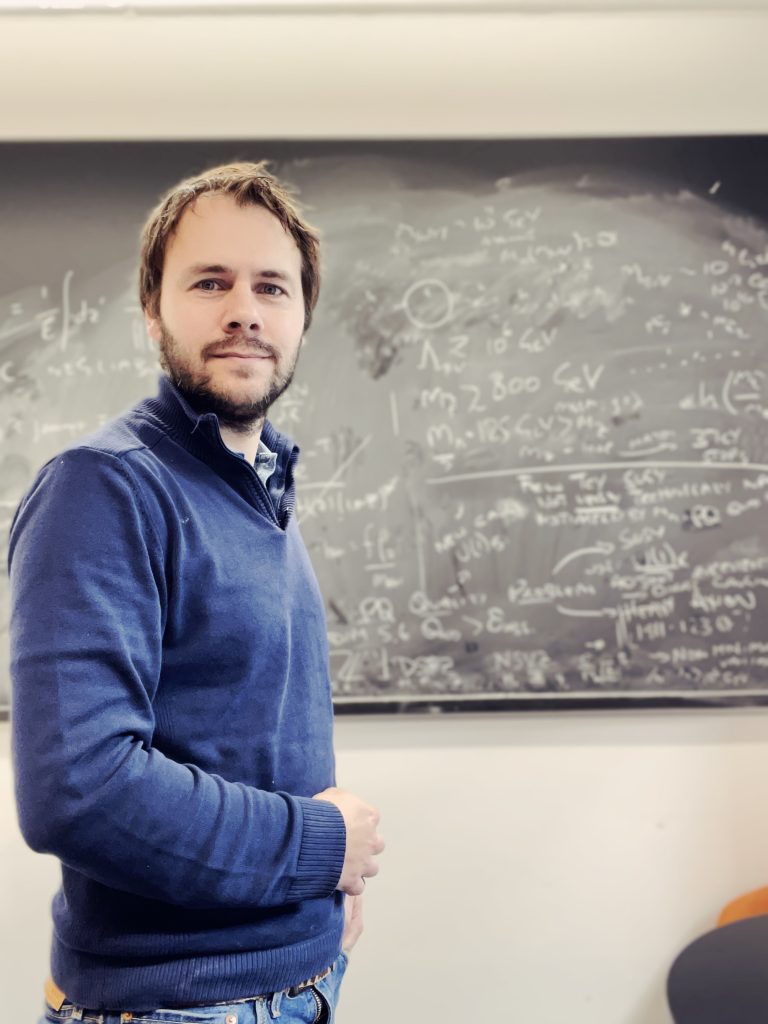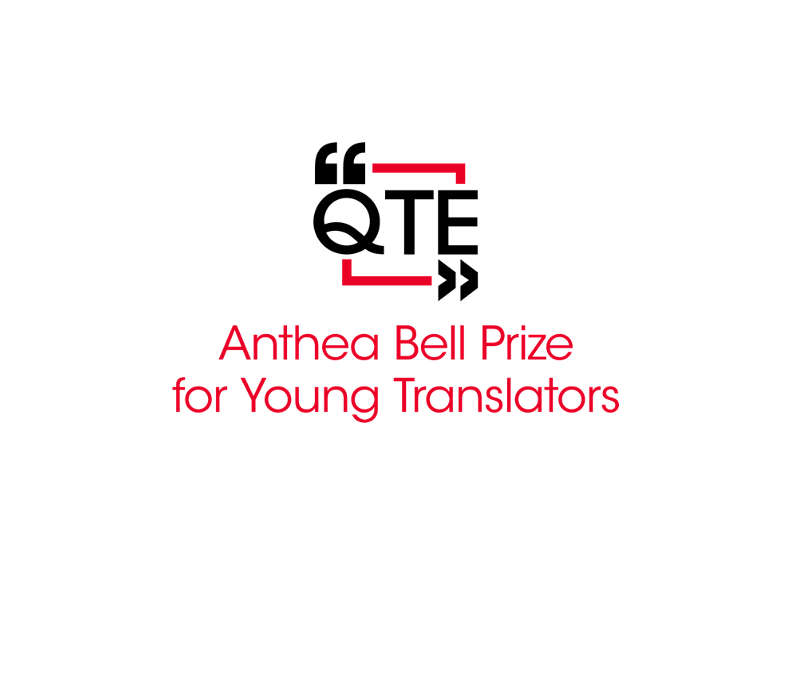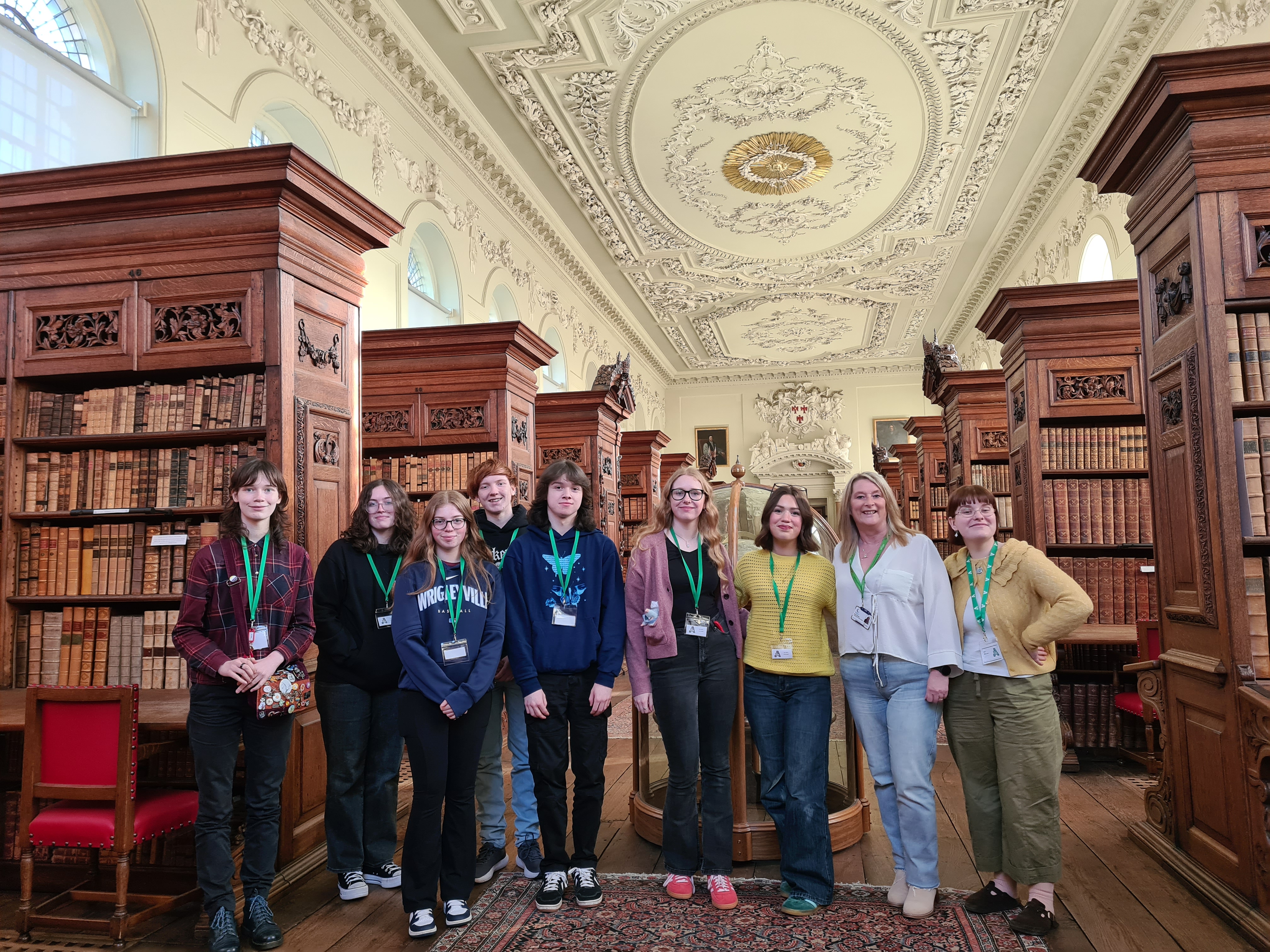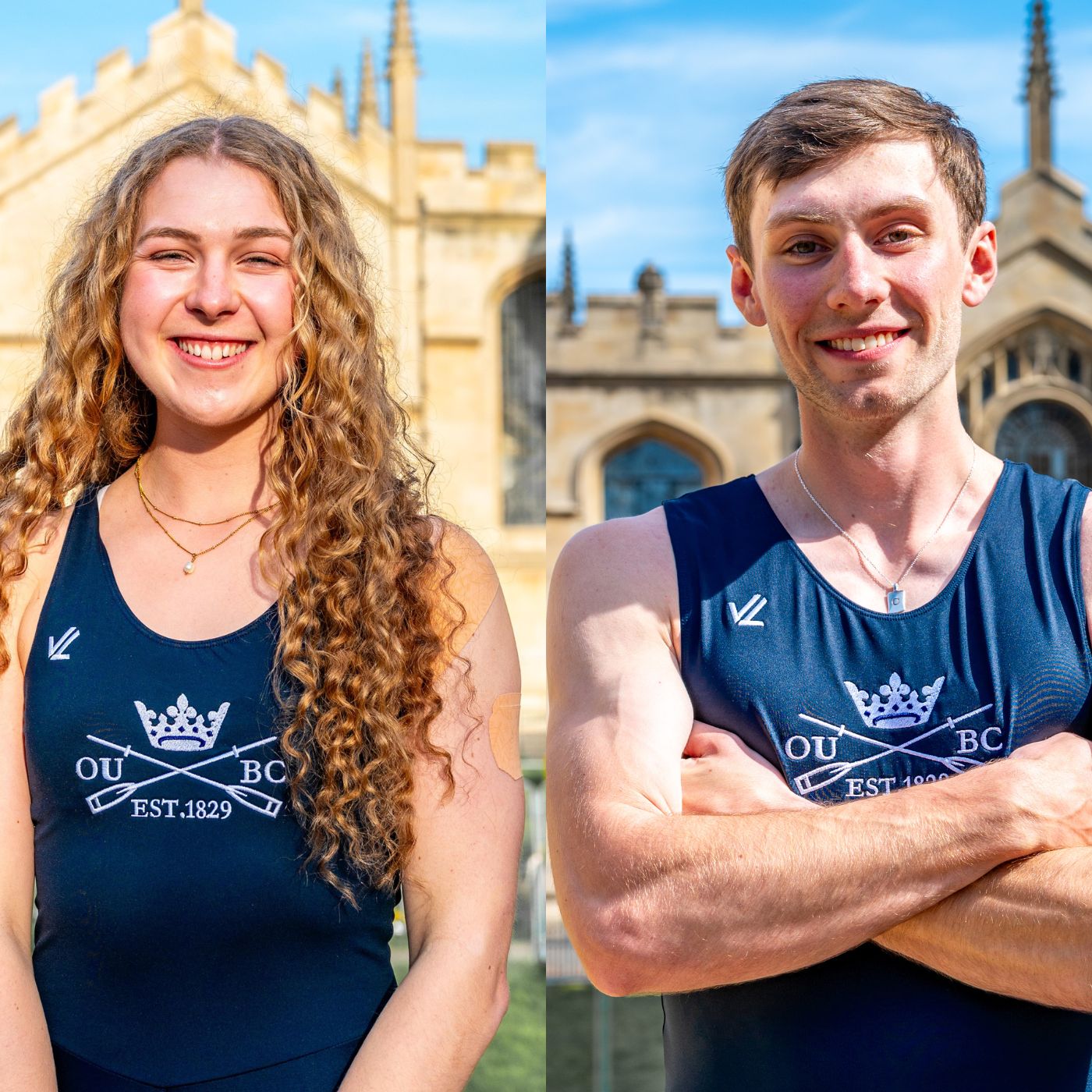In the academic year 2022-2023, our academic Distinguished Visitor is Prof James Unwin, Assistant Professor in Physics at the University of Illinois, Chicago.
Professor Unwin undertakes research related to new physics beyond the Standard Model of Particle Physics at the intersection of particle physics, astrophysics, and cosmology. He has worked on a range of topics in theoretical particle physics, including Supersymmetry, LHC searches for New Physics, and Grand Unified Theories. In theoretical astrophysics and cosmology, he is interested in exploring novel dark matter models with distinct implications for experiments and observations. We asked him to tell us a bit more about himself.
What attracted you about coming to Queen’s as a Distinguished Visitor?
Aside from the world-class researchers, the quality that makes Oxford one of my favourite universities to visit is the college system. Being part of a college provides an opportunity to socialise with like-minded individuals and learn about recent advances in fields beyond your own. Queen’s, of course, is one of the most beautiful colleges in the city, and I was glad to learn it was also extremely welcoming. I consider myself extremely fortunate to have been invited as a Distinguished Visitor and hope I will have the opportunity to return in the future.
How have you found your time in College so far?
My enjoyment in college life has most distinctly come from things that one can take for granted after spending several years at Oxford, but when returning as a visitor they are fresh once more. Looking out across the gardens towards the Radcliffe Camera on a clear day, sitting by the fireplaces, enjoying a dinner in the hall, and most of all talking to people who have deep knowledge and great passion for their areas of expertise.
Can you tell us a bit about the questions you ask in your research and the ideas you explore?
My primary research focus is at the intersection of particle physics, astrophysics, and cosmology. In particular, I enjoy working on topics in which new or upcoming experiments are focused, which gives the opportunity for new discoveries or mysteries. Our current understanding of the universe is very deep, we can describe the constituents of matter at the smallest scales and give the history of the universe back to the first few minutes with remarkable success. However, many puzzles still remain, such as the why the elementary particles have different mass ratios and what comprises the so-called “dark matter” — being matter that can be inferred from gravitational interactions but has not been identified directly through experiment.
What’s the value of an interdisciplinary approach?
Some of the greatest advances in science have come through interdisciplinary approaches. Indeed, communication between mathematics, particle physics, and condensed matter physics have led to some of the deepest insights in my own field. More generally, I am interested in applying mathematical frameworks to other types of problems and I have written papers in areas such as politics, economics, and geography. I find that thinking about research questions in other fields can be a refreshing change and can lead you to find new applications of the tools with which you are already familiar.
Tell us about the children’s book Reaching for the Stars that you wrote during the COVID-19 pandemic and what inspired you to do this?
We all needed some diversion during the pandemic, in particular we had a newborn in 2020, so we were being especially careful and rarely venturing outside. My wife and I had read hundreds of books to our firstborn during this time and so we decided to try our hand at writing our own books. My wife, Laura Schaposnik, had a friend who was an aspiring illustrator and so we teamed up to write this book Reaching for the Stars, while my wife wrote her own series: Ene and the Magic…. I’m very proud of how the book turned out and we even got 200 copies printed as board books to donate to Northwestern’s Lurie Children’s Hospital in Chicago.
You were a graduate student at Oxford so no stranger to the city; do you have a favourite place?
Oxford is one of my favourite cities in the world and still feels like home. I especially love Jericho, which is always where I try to stay when visiting. Places that I love to spend time include Port Meadow (especially when it’s filled with horses), the rooftop cafe of the Ashmolean, and punting along the quieter parts of the Cherwell.
You can hear Professor Unwin speak at the special QTE/QCS event on 25 May.



